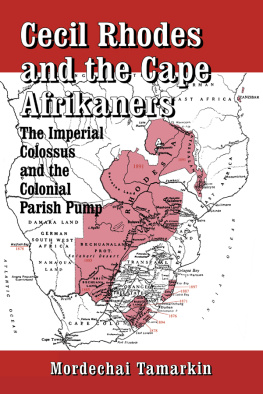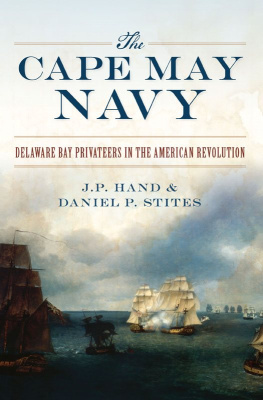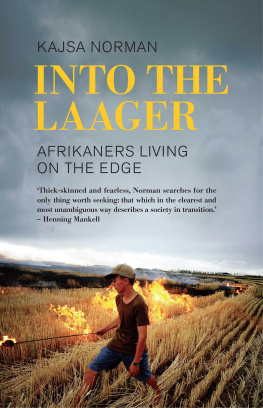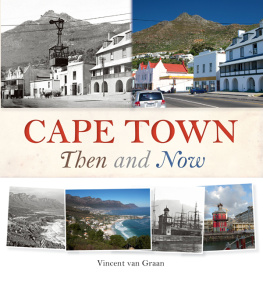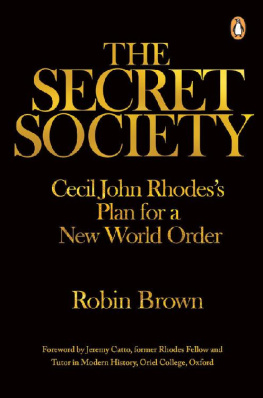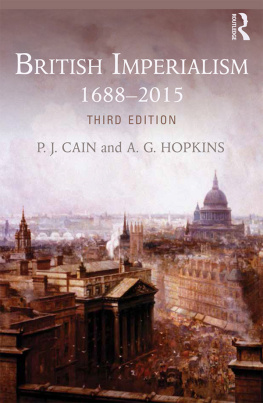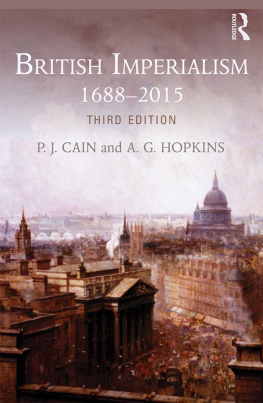First published in 1996 by
Routledge
Published 2013 by Routledge
2 Park Square, Milton Park, Abingdon, Oxon OX14 4RN
52 Vanderbilt Avenue, New York, NY 10017
Routledge is an imprint of the Taylor & Francis Group, an informa business
Copyright 1996 M. Tamarkin
British Library Cataloguing in Publication Data
Tamarkin, M.
Cecil Rhodes and the Cape Afrikaners:
Imperial Colossus and the Colonial
Parish Pump
I. Title
968.04092
Library of Congress Cataloging-in-Publication Data
Tamarkin, M (Mordechai), 1938
Cecil Rhodes and the Cape Afrikaners : the imperial colossus and the colonial parish pump / M. Tamarkin.
p. cm.
Includes bibliographical references and index.
1. Rhodes, Cecil, 1853-1902. 2. AfrikanersHistory. 3. Cape of Good Hope (South Africa)History. I. Title.
DT1851.R56T36 1996
968.704092dc20 95-30907
CIP
All rights reserved. No part of this publication may be reproduced in any form or by any means, electronic, mechanical, photocopying, recording or otherwise, without the prior permission of the publisher.
ISBN 13: 978-0-714-64627-5 (hbk)
ISBN 13: 978-0-714-64267-3 (pbk)
Typeset by Vitaset, Paddock Wood, Kent
Publishers Note
The publisher has gone to great lengths to ensure the quality of this reprint but points out that some imperfections in the original may be apparent.
In the long period in which I conducted the research for this study I have spent much time in archives and libraries. In this endeavour I have enjoyed the efficient, helpful and friendly help from a host of librarians. In particular, I would like to thank the staff of the Cape Archives in Cape Town, of the South African Library in Cape Town, of the South African Parliament Library in Cape Town, of the Jagger Library in the University of Cape Town, of the Stellenbosch University Library, the University of South Africa Library in Pretoria and the Rhodes House Library in Oxford. I am greatly indebted to Professor Shula Marx, the Institute of Commonwealth Studies in the University of London, Professor Hermann Giliomee from the Department of Political Studies at the University of Cape Town and Dr lain Smith from the Department of History at the University of Warwick, who have dedicated much time reading the first draft of this book, and provided me with very constructive critiques. They gave me the benefit of their knowledge and insights from their respective scholarly vantage points. In shaping the final draft I have paid diligent attention to their comments and suggestions. They share, however, no responsibility for any failings of this study. Finally, I would like to thank my wife Aviva and my children Ilan, Ofra and Yael for understandingly and gracefully enduring my long absences and the long hours I have spent at my desk and by my PC.
M. Tamarkin
Tel Aviv University
BG Burgersdorp Gazette
BPP British Parliamentary Papers
CT Cape Times
CA Cape Argus
DFA Diamond Fields Advertiser
DRC Dutch Reformed Church
GR Graaff Reinetter
OC Onze Courant
OL Ons Land
PRP Public Record Office
VOC Dutch East India Company
ZA Zuid Afrikaan
ZABBB Zuid Afrikaansche Boeren Bescherming Vereeniging
This study has not been conceived primarily as an addition to the long list of biographical accounts, memoirs and studies, whose subject is Cecil John Rhodes. Rhodes has received more than his fair share of academic attention. Nevertheless, this study of the relations between him and the Cape Afrikaners1 may fill some gaps in his political biography. The Cape Afrikaner dimension was critical in Rhodess political career. As J.T. Molteno, a contemporary Cape politician, stated: Rhodes had owed everything political to Hofmeyr and the Afrikaner Bond and without Hofmeyr and the Bond Rhodes would have been a rich man only, not a world name and an empire-builder Hofmeyr and the Afrikaner Bond were the basis and foundation of the political power of Rhodes.2 Yet, this dimension suffers from relative neglect in Rhodess biographies, including Rotbergs recent voluminous one. The main reason is that these authors have rarely consulted the abundant Cape Afrikaner sources. This study, in using these sources, and in focusing on Rhodess relations with Cape Afrikaners, may contribute to a better understanding of his political career.
While not being primarily concerned with British imperial history, it may also contribute to the study of the roots of the Anglo-Boer war which suffers from a similar deficiency. Studies of the origin of the Anglo-Boer war in the West are almost invariably Anglo-centric. In the context of studying the official mind this is a perfectly legitimate bias.3 However, the war for British supremacy in South Africa was also premised on the crucial question of the loyalty of Cape Afrikaners to the British empire and their attitude towards their ethnic brothers in the Transvaal. From this broader perspective, a Cape Afrikaner perspective on these questions, drawing on Cape Afrikaner discourse, may prove beneficial to a better understanding of the roots of the war.
Likewise, while the Cape is the background, rather than the focus of this study, a thorough investigation of the relations between Rhodes and Cape Afrikaners may shed light on a critical period in Cape history.
This study has a definite Cape Afrikaner bias. I am mainly interested in the evolution of the Cape Afrikaners in the late nineteenth century. Rhodes, who appeared on the political scene of the Cape Colony in the 1880s, played an important role in the shaping of Cape Afrikaner political outlook and practice throughout much of the last two decades of the century. Consequently, the study of his relations with the Cape Afrikaners can serve as a useful prism through which to look upon this community and understand important elements in their history the evolution of their ethnic identity and consciousness, and their attitude towards fellow English-speaking colonists, the British empire and their republican ethnic brothers. The bias towards Cape Afrikaners is also reinforced by the fact that in a study of such relations, an understanding of the role of so complex a community requires more than the study of one person, even one as energetic and volatile as Rhodes.
The study is divided into three chronological chapters, using the metaphors of courtship, marriage and divorce, corresponding respectively to the 1880s, to the period of Rhodess premiership and his alliance with the Afrikaner Bond from 1890 to the Jameson raid at the close of 1895, and to the post-raid period culminating in the 1898 general election.
The title of this study conveys an apparent asymmetry in the relations between Rhodes and the Afrikaner Bond, the political arm of Cape Afrikaners. Jan Smuts referred to this salience: Many observers had animadverted upon the unnatural BondRhodes alliance That derided parish pumpers should so complacently range themselves under the banner of an imaginative imperialist seemed to the outside world inexplicable , presenting the profile of the prospective allies, delineates and analyses this common ground.

